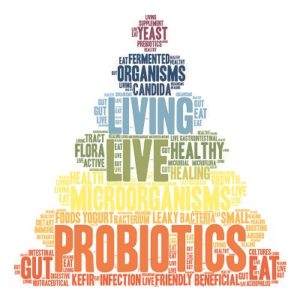Healthy Immunity
 A number of foods have been found to benefit the immune system in a range of ways. One group of foods is thought to reduce inflammation in the body, leading to less wear and tear on all your bodily systems, including your immune system.
A number of foods have been found to benefit the immune system in a range of ways. One group of foods is thought to reduce inflammation in the body, leading to less wear and tear on all your bodily systems, including your immune system.
Adding anti-inflammatory foods is thought to prevent disease, or reduce the more severe symptoms in those who are suffering from certain health issues, such as arthritis and inflammatory bowel disease.
Another group of foods has been found to trigger inflammation, so avoiding these foods can also provide relief from a range of troublesome symptoms, including allergic reactions such as eczema, asthma, gluten sensitivity and lactose intolerance.
These allergies are obvious examples of how inflammation can affect anyone’s health. Avoiding inflammatory foods has shown clear benefits in relation to heart disease and all forms of arthritis, particularly rheumatoid arthritis (RA). Continue reading
 By now, almost everyone has heard of probiotics, the active cultures in a range of dairy products such as yogurt, some cheeses and kefir, and in fermented foods such as miso, kimchi and sauerkraut. Most of these are tasty additions to our diet that can also help improve our overall digestive health. But can they also boost the immune system?
By now, almost everyone has heard of probiotics, the active cultures in a range of dairy products such as yogurt, some cheeses and kefir, and in fermented foods such as miso, kimchi and sauerkraut. Most of these are tasty additions to our diet that can also help improve our overall digestive health. But can they also boost the immune system?
Studies have shown that adding probiotics to your diet conveys a range of benefits for people of all ages, as well as unborn children and those who are nursing. Some of the most commonly studied strains promote T cells and the so-called Killer cells. Some of the immune cells triggered also appear to have cancer-fighting properties.
Probiotics taken by women during pregnancy appear to affect the immune system of the unborn infant. Taken in childhood, probiotics appear to help young children avoid immune-mediated diseases such as asthma, eczema, colds, and type 1 diabetes. Continue reading






